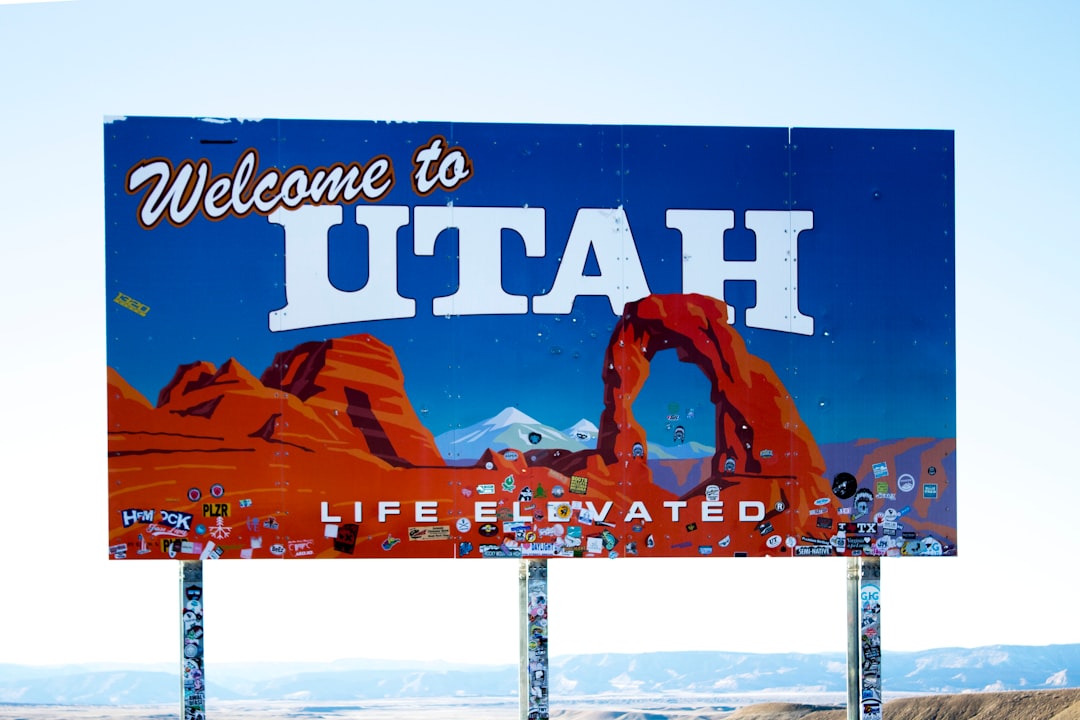In Utah, the Federal Trade Commission (FTC) acts as a powerful consumer protector, particularly within the telemarketing industry. They enforce 'Do Not Call' regulations, allowing residents to stop unsolicited sales calls by registering their numbers. Businesses must comply with these rules or face fines and reputational damage. Consumers can seek assistance from qualified Do not call lawyers or attorneys in Utah to navigate legal complexities, file complaints against violators, and protect their rights. The FTC provides resources for both consumers and businesses, encouraging compliance and combating fraud through the National Do Not Call Registry.
In Utah, the Federal Trade Commission (FTC) plays a pivotal role in protecting consumers from deceptive telemarketing practices. This article delves into the FTC’s mandate and jurisdiction, unraveling telemarketing regulations that businesses must adhere to. We explore the enforcement of Do Not Call lists, rights, and responsibilities, while also guiding consumers and businesses on legal recourse for violations. For those seeking assistance, understanding your options with a Utah do not call lawyer or law firm is crucial, ensuring compliance and justice.
The FTC's Mandate and Jurisdiction in Utah

The Federal Trade Commission (FTC) serves as a powerful regulator with a mandate to protect consumers from unfair or deceptive practices in the marketplace. In Utah, where telemarketing is a prevalent industry, the FTC plays a crucial role in ensuring compliance with federal laws designed to safeguard consumers’ rights. Its jurisdiction extends to all businesses operating within the state, including those engaged in out-of-state telemarketing activities targeting Utah residents.
The FTC’s reach in Utah is significant, particularly when addressing issues related to unwanted phone calls and privacy concerns. The commission has the authority to enforce rules prohibiting unsolicited sales or marketing calls, commonly known as “Do Not Call” regulations. Consumers in Utah can register their phone numbers with the national Do Not Call Registry, and the FTC ensures that businesses respect these registrations. This protects residents from relentless telemarketing calls and provides a legal recourse for any violations through the FTC’s enforcement powers, which include fines and other penalties for non-compliance.
Telemarketing Regulations: What Businesses Need to Know

In Utah, the Federal Trade Commission (FTC) plays a pivotal role in enforcing telemarketing regulations to protect consumers from deceptive or harassing calls. Businesses engaging in telemarketing activities within the state must adhere to stringent rules, particularly those related to the “Do Not Call” lists. Understanding these regulations is crucial for any company making outbound calls, and seeking legal counsel from a Do not call lawyer Utah can provide valuable insights.
Companies should be aware of the implications of unauthorized calls to numbers on the National Do Not Call Registry. Violations can result in substantial fines and damage to a firm’s reputation. To comply, businesses must implement robust internal policies, ensure proper training for telemarketing staff, and obtain explicit consent before making marketing calls. A lawyer specializing in this area, such as a do not call attorney Utah, can guide companies through these complexities, ensuring they stay within legal boundaries and avoid potential legal repercussions.
Enforcing the Do Not Call Lists: Rights and Responsibilities

The Federal Trade Commission (FTC) plays a pivotal role in protecting consumers’ rights in Utah, particularly when it comes to telemarketing practices. One of its primary responsibilities is enforcing the Do Not Call (DNC) lists, ensuring that businesses adhere to consumer preferences not to be contacted by phone for marketing purposes. The FTC maintains and regulates these lists, allowing individuals to register their numbers and opt-out of receiving unsolicited calls.
In Utah, a “Do Not Call Lawyer” or “Do Not Call Attorney” can assist consumers in navigating their rights and resolving issues related to telemarketing. Legal professionals specializing in this area can help individuals file complaints with the FTC and take necessary legal actions against companies that disregard the DNC regulations. By consulting a reputable do not call law firm Utah, consumers can ensure their rights are respected and take proactive measures to stop unwanted phone marketing calls, thereby fostering a more compliant telemarketing environment in the state.
Legal Recourse for Violations: Seeking Help from a Utah Attorney

If you’ve been a victim of telemarketing scams or unwanted calls in Utah, it’s important to know that you have legal recourse. The Federal Trade Commission (FTC) plays a crucial role in protecting consumers from fraudulent activities, including illegal telemarketing practices. When your rights are violated, seeking help from a Do not call lawyer Utah or do not call attorney Utah is a step towards justice.
In Utah, as in many states, there are strict regulations regarding telemarketing and cold calls. If a business or individual ignores these rules and continues to make unwanted contact, you can file a complaint with the FTC or consult a local do not call law firm Utah. A legal professional specializing in this area can guide you through your options, which may include blocking future calls, seeking monetary damages, or taking legal action against the offending party.
Staying Informed: Resources for Consumers and Businesses

Staying informed is crucial when navigating the complexities of telemarketing laws in Utah. The Federal Trade Commission (FTC) offers a wealth of resources for both consumers and businesses to ensure compliance and protect against fraudulent practices. For consumers, the FTC’s website provides guidelines on how to handle unwanted calls, including options to register for the National Do Not Call Registry. This simple step can significantly reduce the number of unsolicited calls received, providing much-needed relief from persistent telemarketers.
Businesses, particularly those engaged in telemarketing activities, can benefit from the FTC’s educational materials and guidelines. Understanding the legal requirements and best practices ensures that companies respect consumer privacy and rights while fostering trust. Moreover, with the rise of Do Not Call laws, many Utah residents are turning to legal professionals for guidance on their rights and options. Therefore, businesses should consider consulting with a lawyer specializing in telemarketing law, such as those experienced in the Utah market, to ensure they remain compliant and protect themselves from potential legal repercussions and ‘do not call’ lawsuits.






